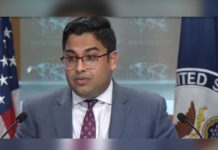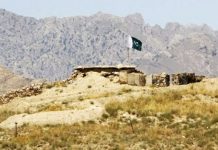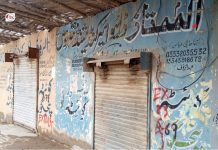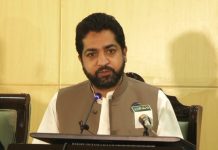In front of the Islamabad Press Club, hundreds of families affected by policies aimed at countering the Baloch insurgency and state repression continue their sit-in. However, instead of addressing the issue of forcibly disappeared persons, state institutions are displaying indifference. The very people implicated in forced disappearances and the killing of political workers in Balochistan are being deployed against the Baloch Long March.
Balochistan’s notorious death squads, responsible for forced disappearances, murders of Baloch political activists, theft, robbery, and kidnapping for ransom, continue to operate freely. Instead of being eliminated, these groups are suppressing the authentic voices of the Baloch nation. The same perpetrators are allowed to act against the Baloch Long March.
Throughout the Baloch Long March, various tactics have been employed to impede the peaceful movement. Failing to address the root issues and the stagnation of the negotiation process will only exacerbate the problems. The demands of the families of forcibly disappeared persons align with Pakistan’s constitution, and resolving the issue is possible by addressing those demands.
The Baloch Long March extends beyond Islamabad, with thousands from various Balochistan cities supporting the movement and advocating for an end to oppression. Attempts to suppress voices against problems and oppression through high-handed tactics are futile.
Rather than relying on rhetoric, the caretaker government ministers of Pakistan can take steps to resolve the issue through negotiations with the Long March organizers. However, the core problem lies in the Pakistani establishment’s view that forcible disappearances and death squads are not a problem but a policy. Given this mindset, a resolution to the issue appears unlikely.





























